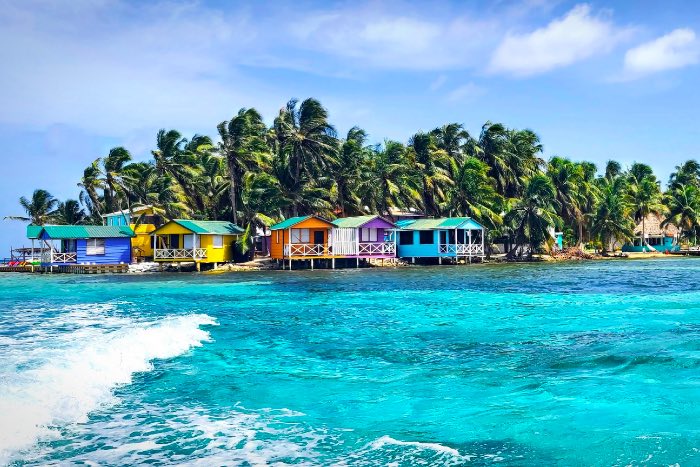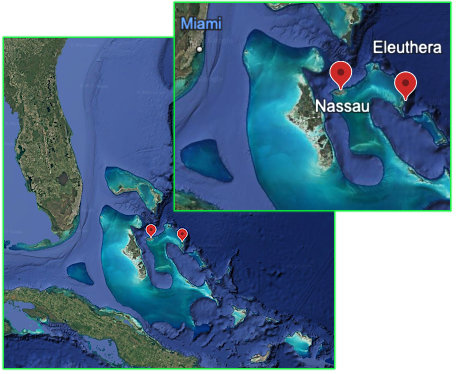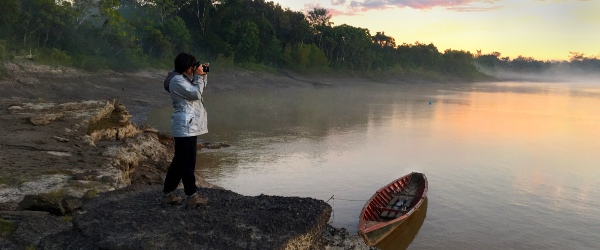
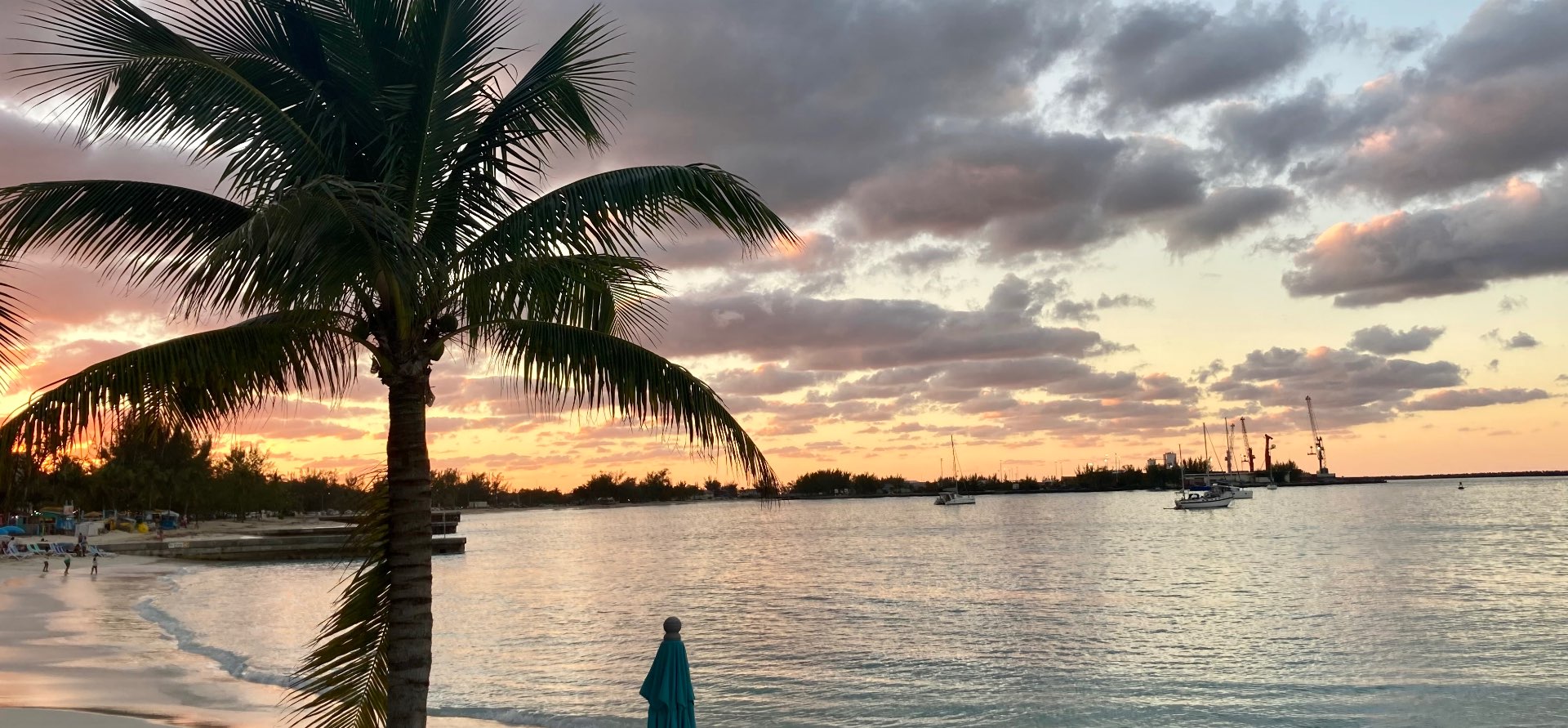
The Bahamas: Cultivating Conservation Networks
Snorkel in biodiverse marine protected areas, explore unique national parks, and gain an understanding of community-driven initiatives by engaging directly with local experts at the forefront of conservation.
Course Overview
The Bahamas Islands, an archipelago rich in biodiversity, are home to hundreds of terrestrial and aquatic species. Strong, interconnected conservation networks are at the heart of protecting these ecosystems. This Earth Expeditions course explores how organizational leadership drives meaningful collaboration to protect and restore local ecosystems.
Participants will travel to two stunning islands to learn from Bahamian conservation and education leaders advancing locally grounded, globally relevant solutions. Through visits to national parks, mangroves, and community-based initiatives, students will explore how leadership and followership theories, such as partnership-building, cultivate resilience in human and ecological communities.
In partnership with Bahamian-owned Wild Spark Consulting and other local organizations, this course promotes conservation efforts in The Bahamas by highlighting the significance of local networks. Students will:
- Participate in active conservation projects grounded in local knowledge
- Engage with scientific and community leaders and their essential work
- Explore how leadership and followership theories influence conservation outcomes
- Conduct small-group ecological investigations using inquiry-based methods
- Explore how the stories of the past and today's realities influence how communities care for and protect their natural environments.
Coursework before and after the field experience is facilitated through Miami University’s Canvas platform, allowing students to connect insights from the Bahamian context to their own local organizations, institutions, and communities.
This course is ideal for educators, conservation professionals, and emerging leaders committed to strengthening conservation through collaborative leadership and cross-cultural exchange.
*** If you're interested in The Bahamas: Cultivating Conservation Networks for Winter 2027, let us know by completing this short form.
| Course Components | Details |
|---|---|
| In-Person Travel Dates | Coming soon for 2027. |
| Full Course Dates |
November - Pre-trip preparations December-January - Online |
| Course-Specific Themes |
-Partnerships and networking for conservation. -Leadership and personal values. -Marine and terrestrial ecosystems of The Bahamas -Community-driven conservation efforts led by local community. -Youth inspired conservation. |
| Eligibility |
This course is open to any interested current master's students or can be taken as a standalone course. |
| Physical Requirements |
Snorkeling and some swimming in shallow water, some light hiking, and walking. |
| Lodging |
Hotel style rooms (2-4 per room) with en suite and shared bathrooms. |
| Course Credits |
5 master's graduate credits or 7 CEUs (Continuing Education Credits) can be earned. |
| Course Costs* |
Coming soon. |
*Includes meals, water (extra snacks and drinks not included), lodging, activities (optional activities not included), course transportation, and park entrance fees. For additional information, go to our Program Costs page.
The Bahamas
Planned Sites in The Bahamas
Nassau
The tropical town of Nassau is the nation's capital and is home to most Bahamanians in The Bahamas. The city was built up by loyalists and slaves in the 18th century and many colonial influences are still seen in the city's architecture. The Bahamas National Trust, one of our course partners and the organization that set up and manages the nation's parks and marine reserves, is based in Nassau.
Eluethera
Eluethera Island includes pink sand beaches, coral reefs, caves, and a variety of flora and fauna, including sharks, rays, and 13 native amphibian and reptile species. This long, narrow island is home to multi-acre nature preserves and the Leon Levy Environmental Centre, managed by The Bahamas National Trust.
Bahamas Course Photos
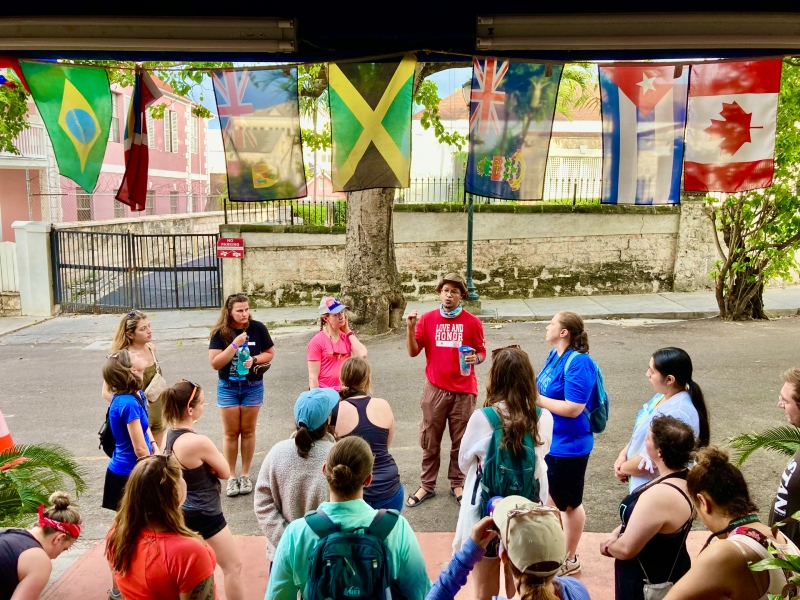
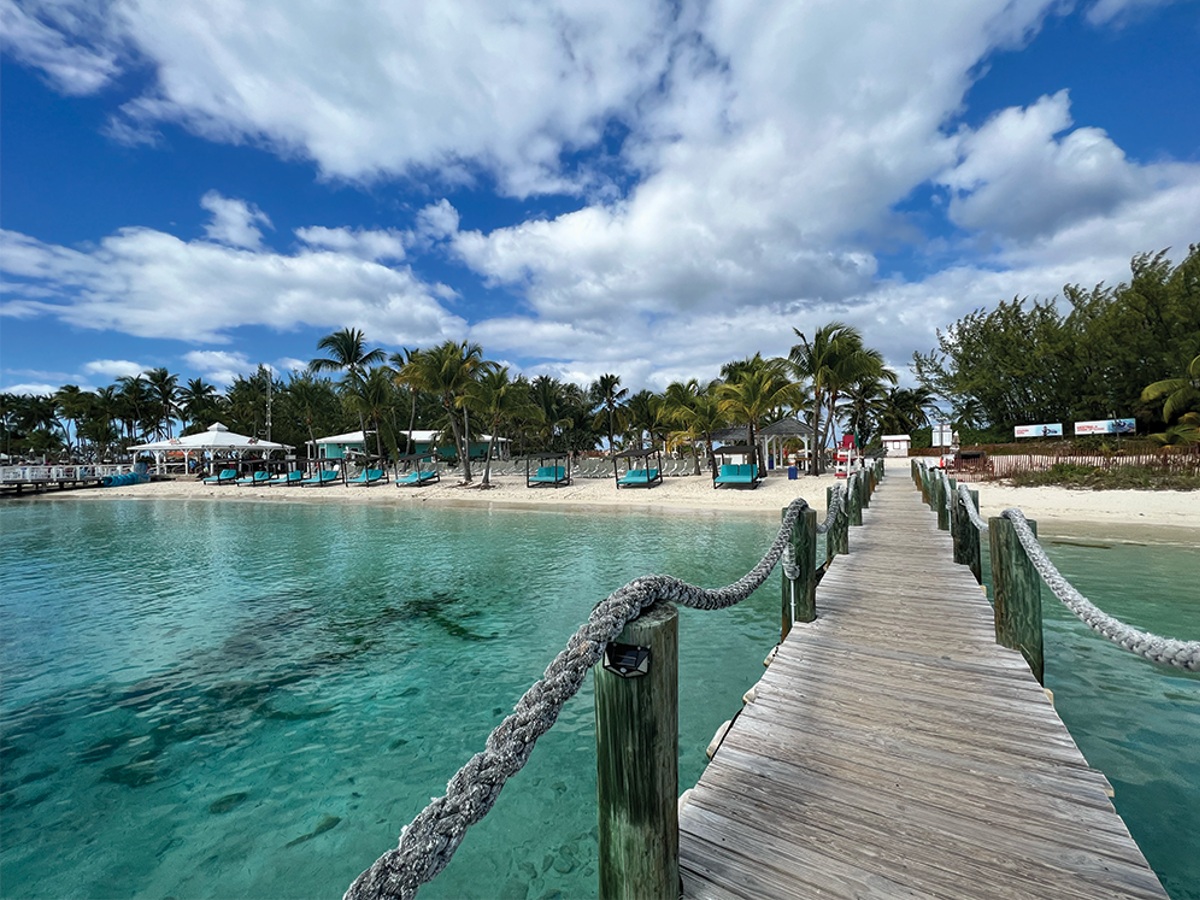

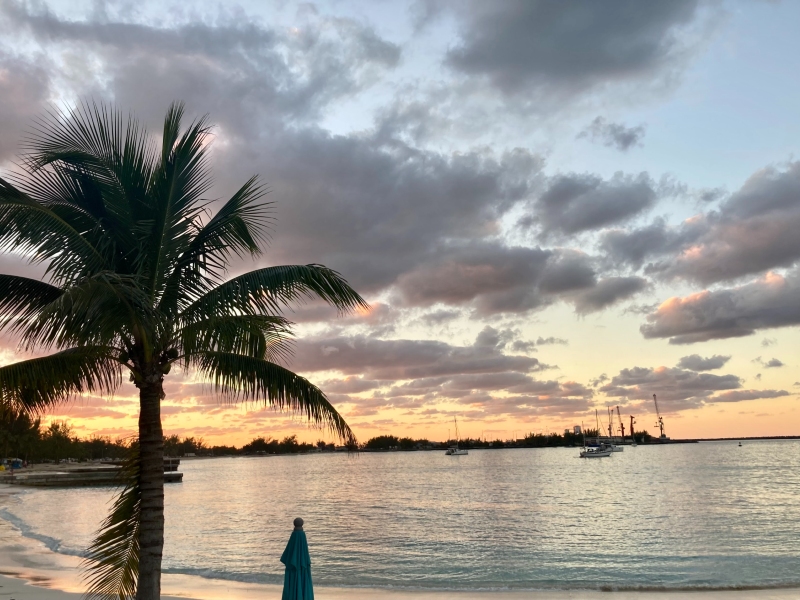
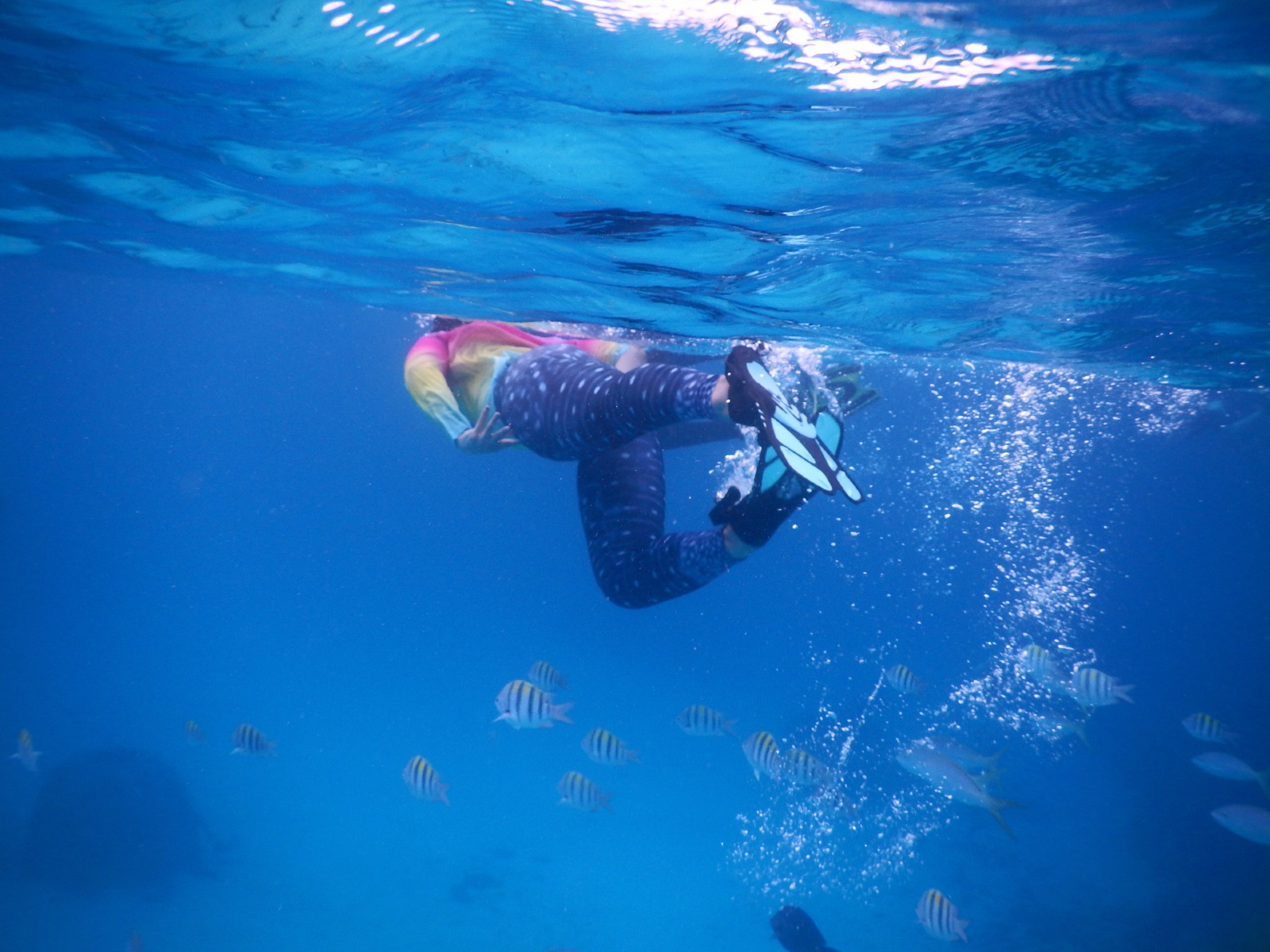


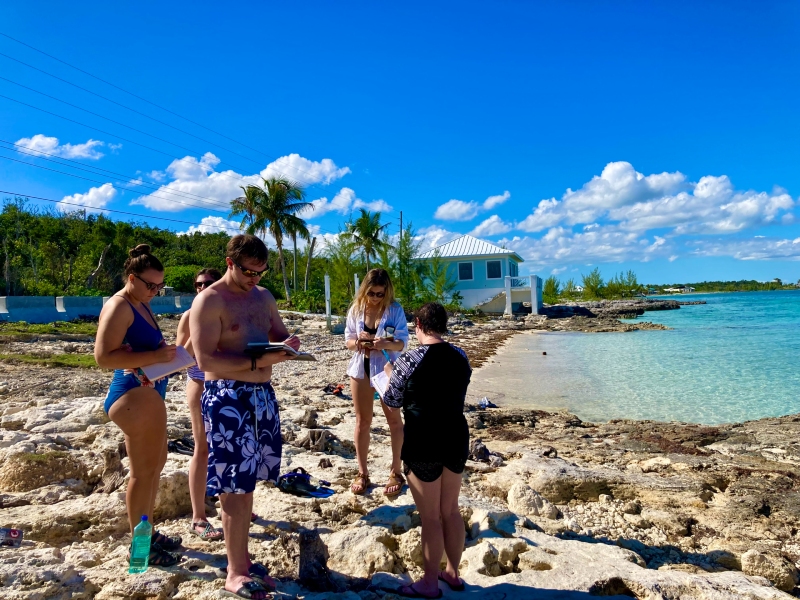
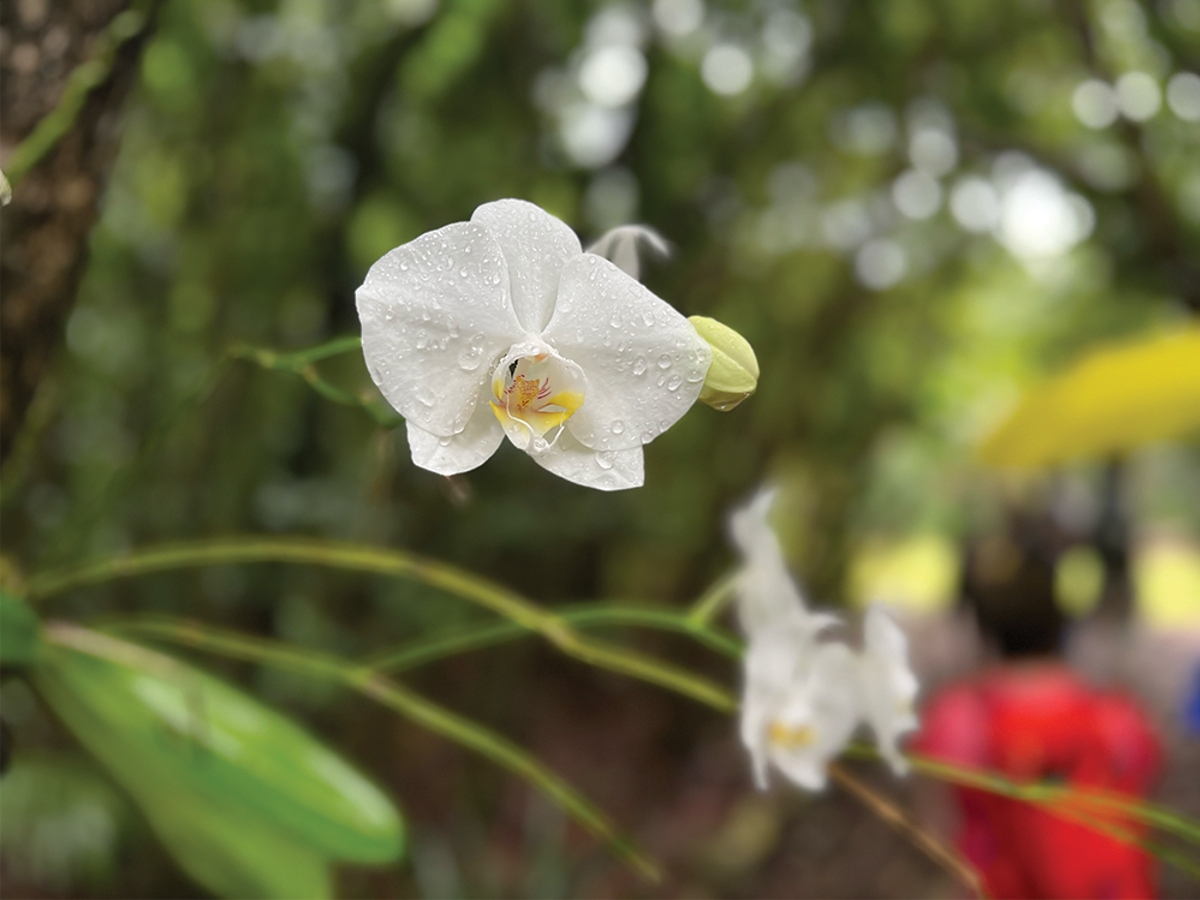
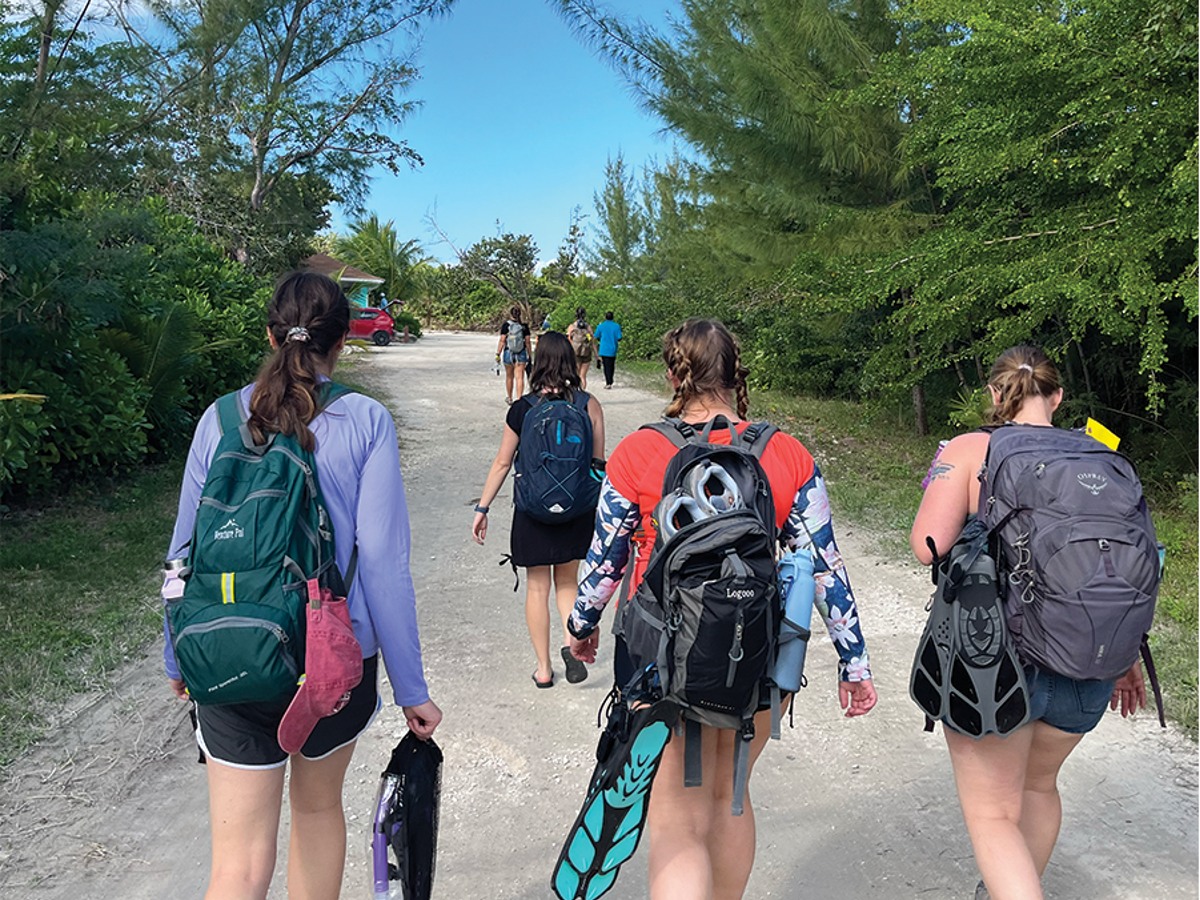
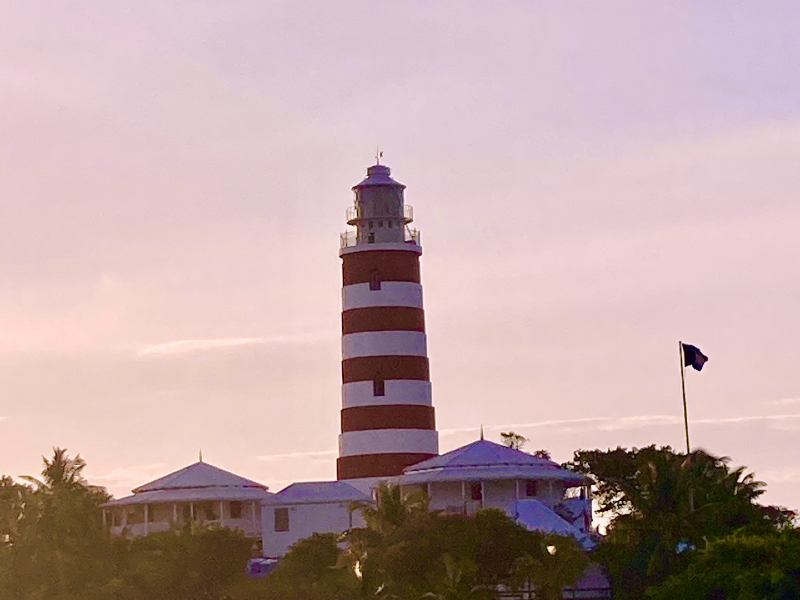
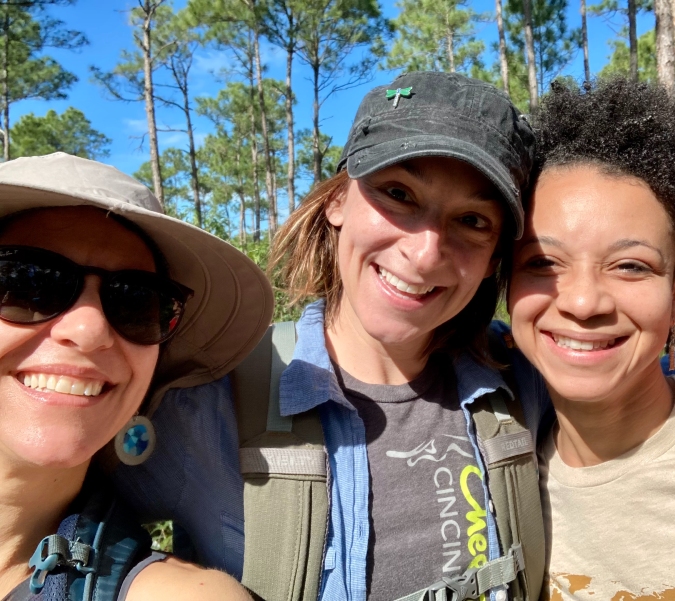

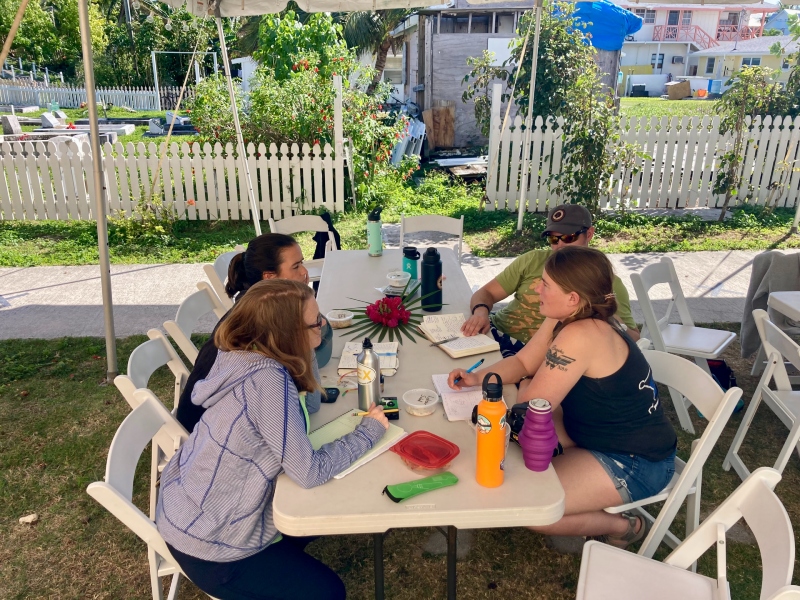
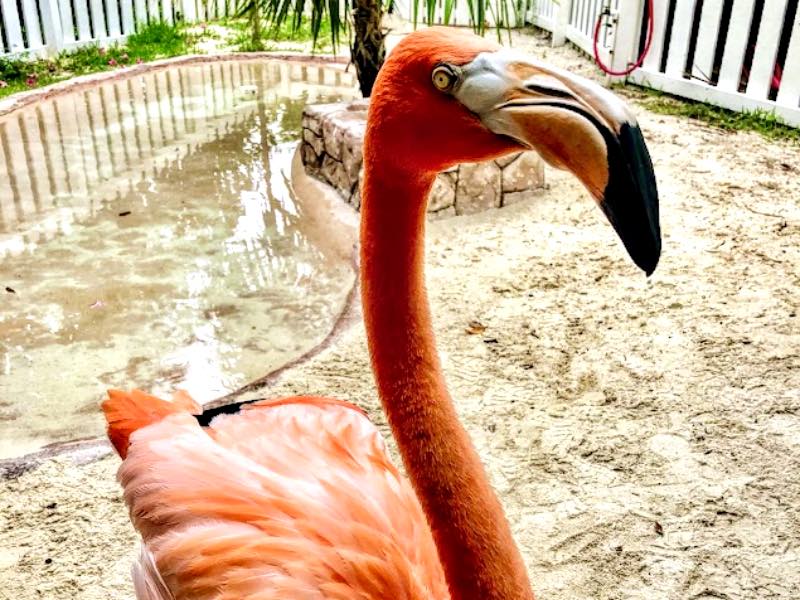
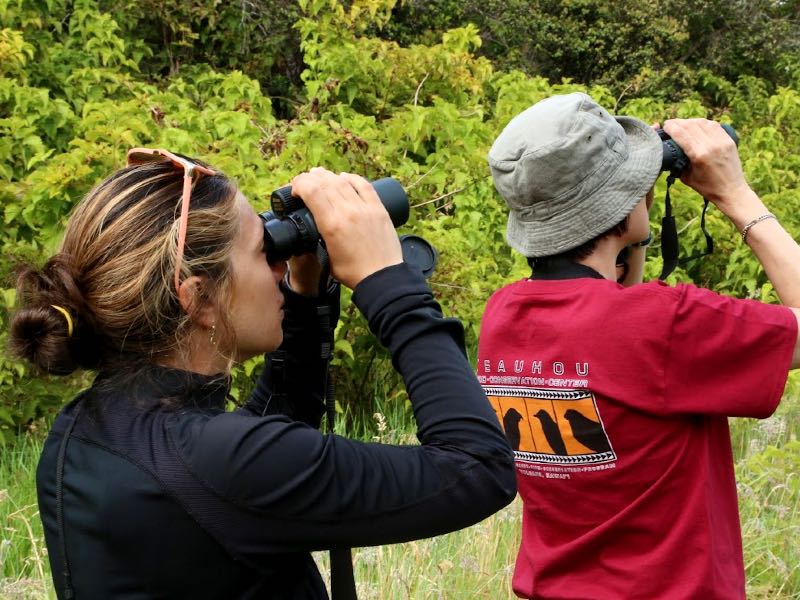
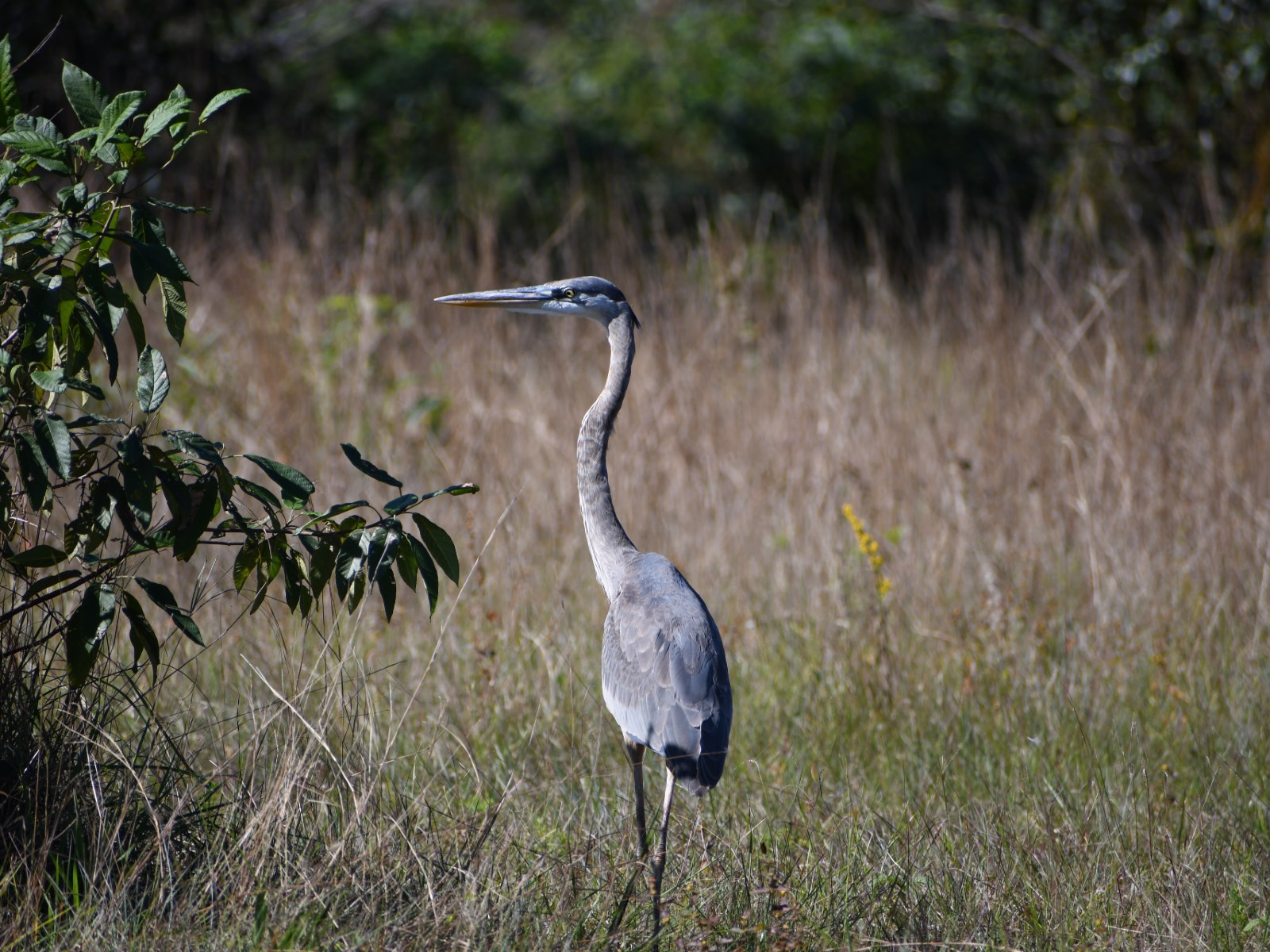
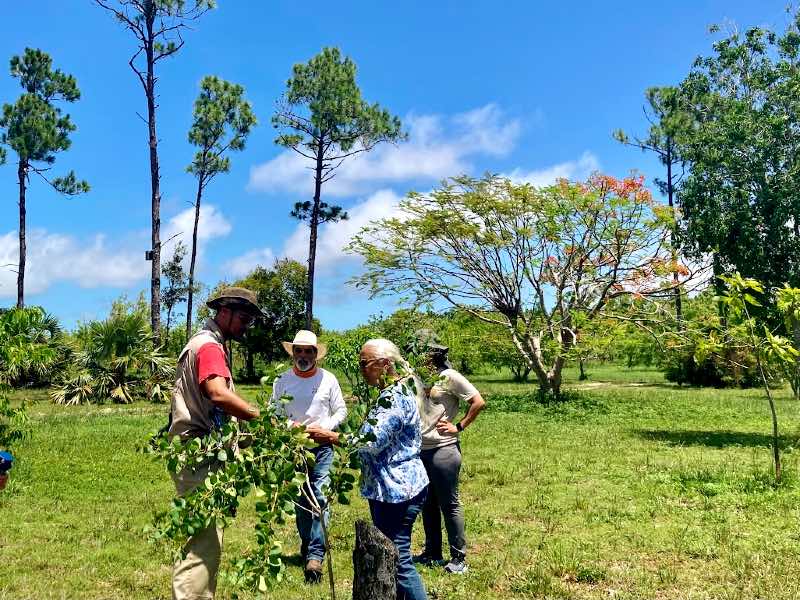
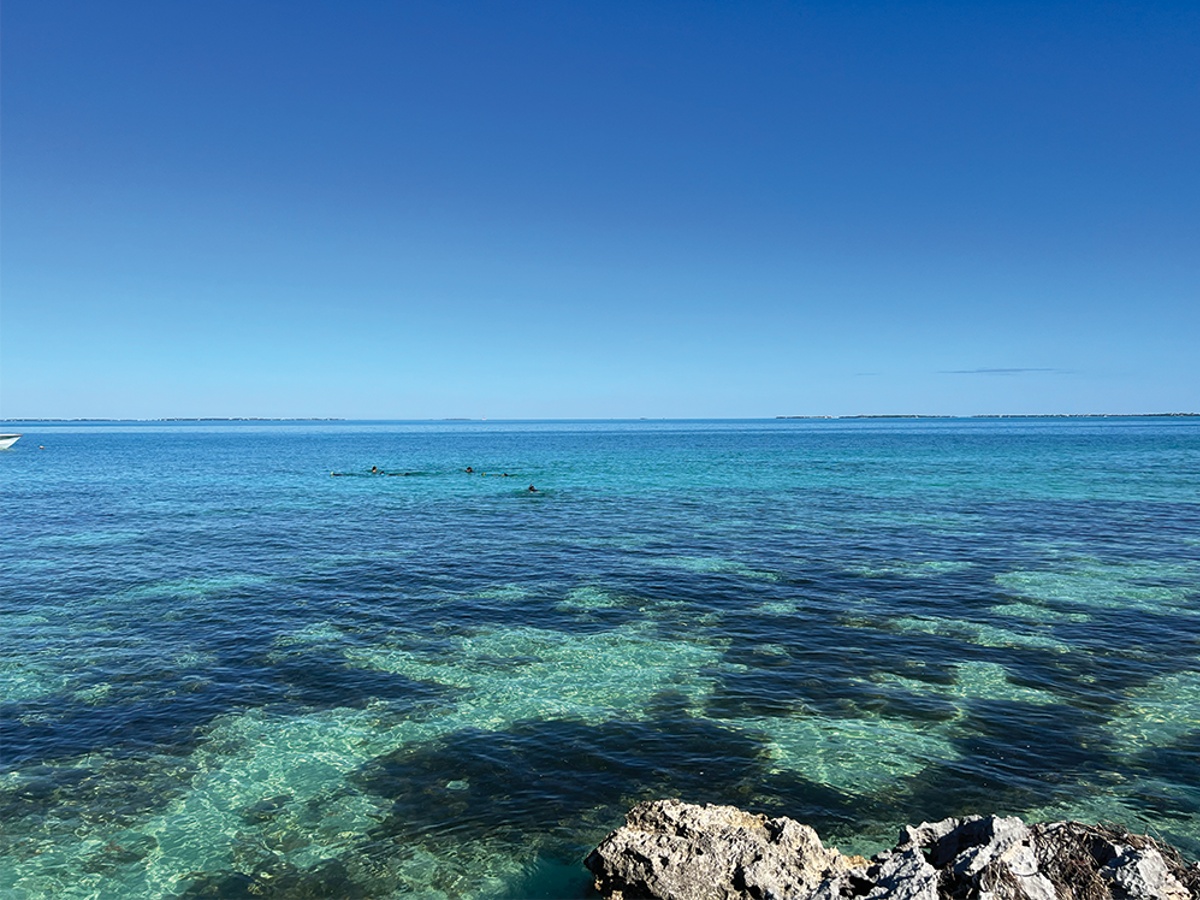
Questions?
Do you have questions? Go to our Frequently Asked Questions page for some answers.
Check Out Another EE!

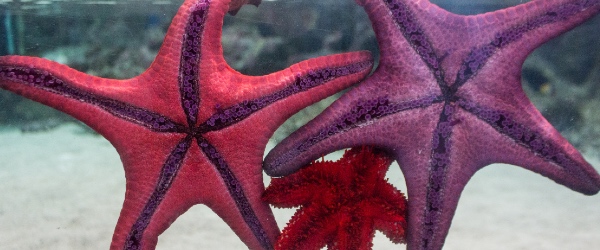
Australia: Great Barrier Reef
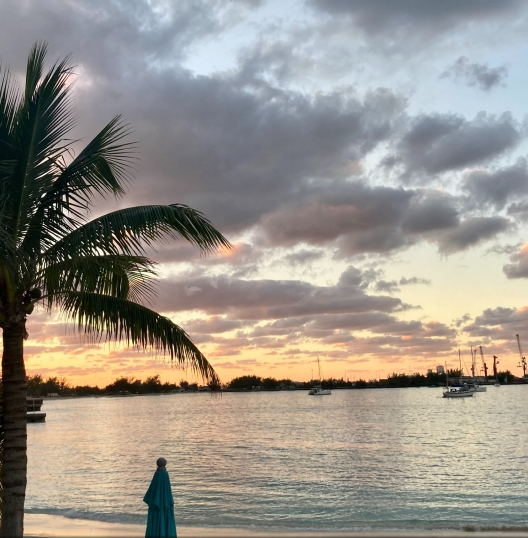
The Bahamas: Cultivating Conservation Networks
Snorkel in biodiverse marine protected areas, explore unique national parks, and gain an understanding of community-driven initiatives by talking directly with local experts at the forefront of conservation.
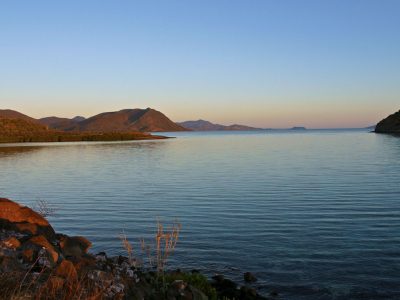
Baja: Field Methods
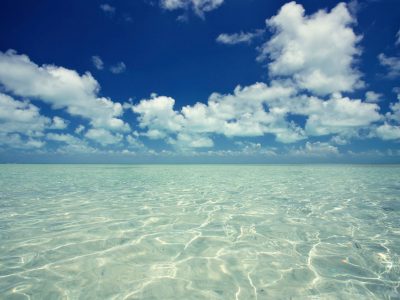
Belize: Approaches to Environmental Stewardship
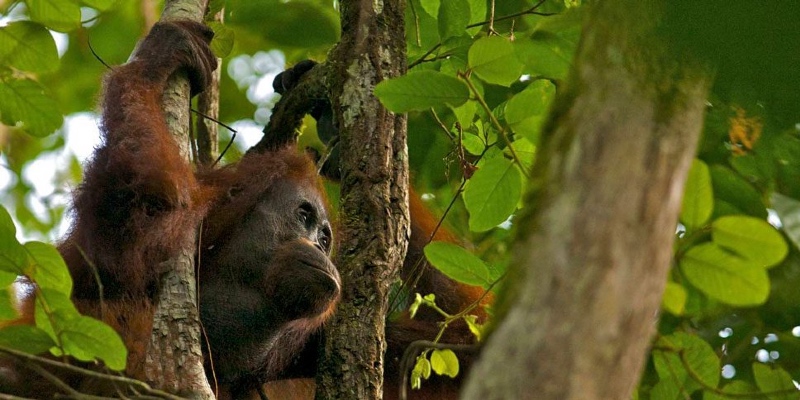
Borneo: Primate Conservation
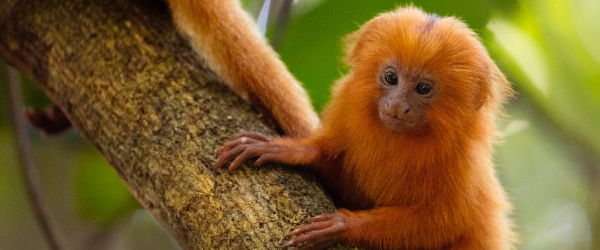
Brazil: Saving Golden Lion Tamarins
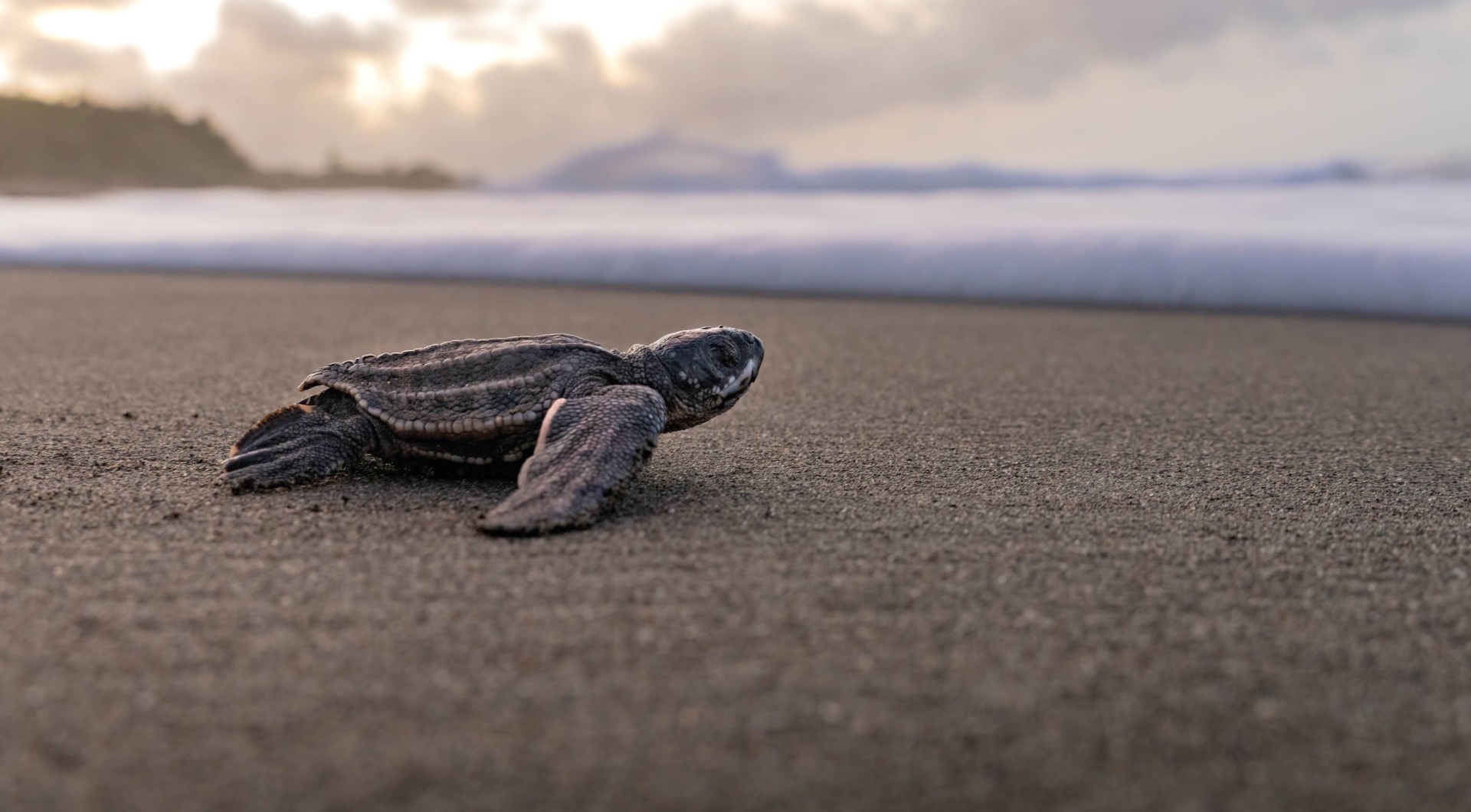
Costa Rica: Ecology & Ecotourism
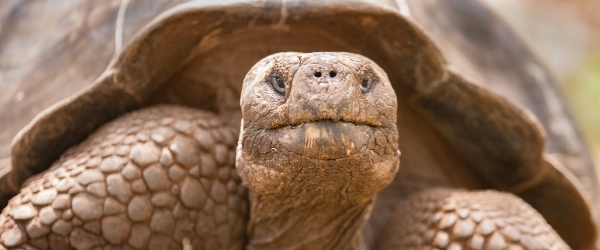
Galápagos: Islands of Change
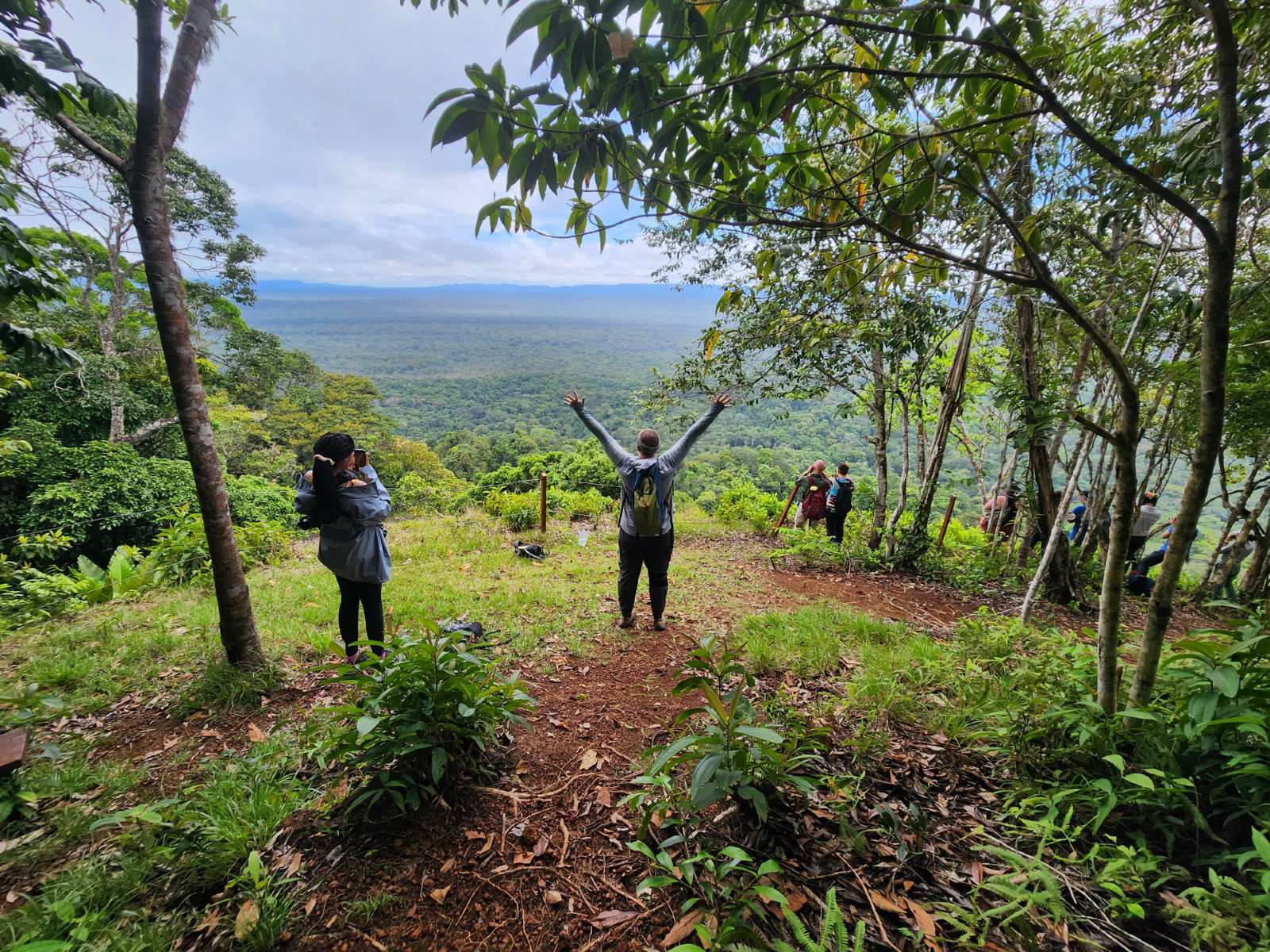
Guyana: Local Wisdom & Conservation
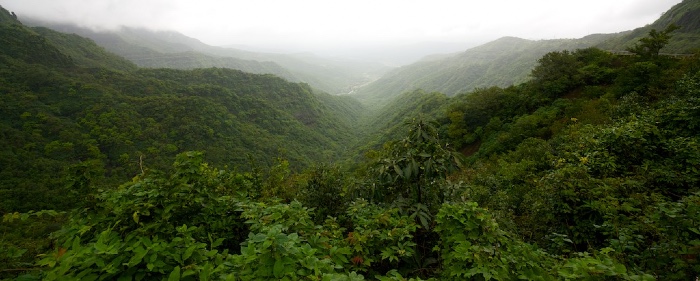
India: Species, Deities & Communities
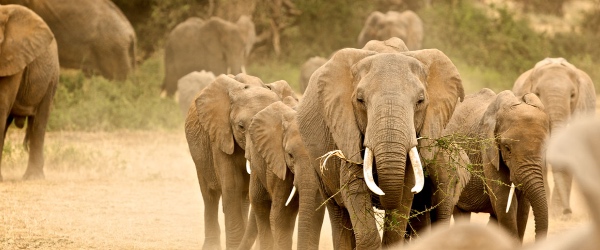
Kenya: Wildlife & People in Integrated Landscapes
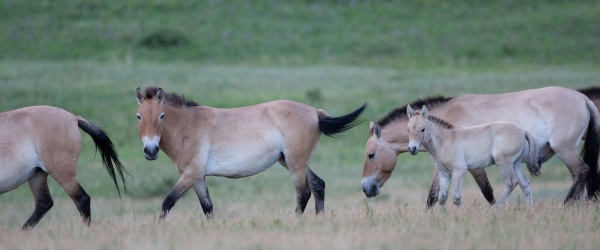
Mongolia: Steppe Ecology & Civic Media

Namibia: Great Cat Conservation
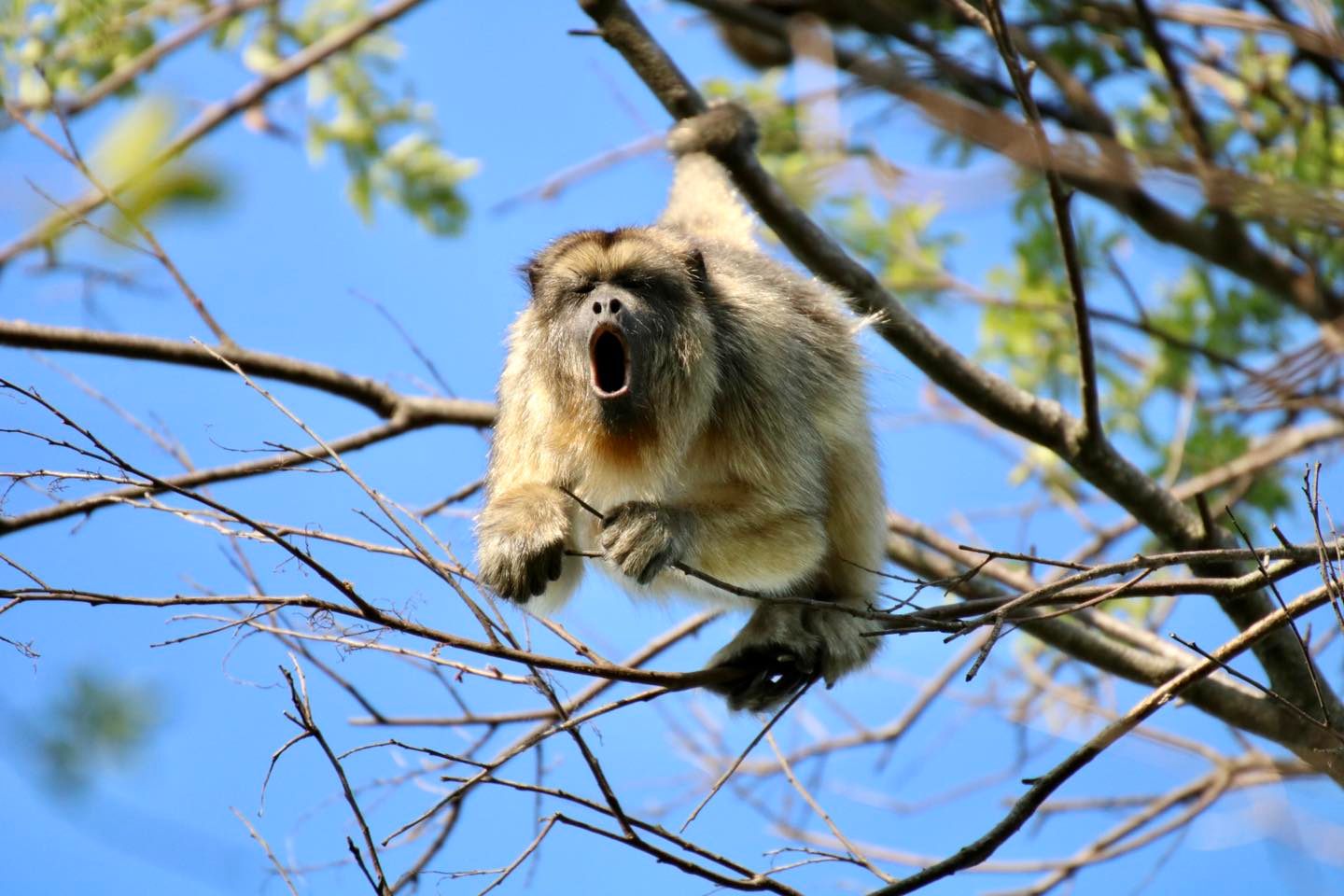
Paraguay: Eco-Leadership
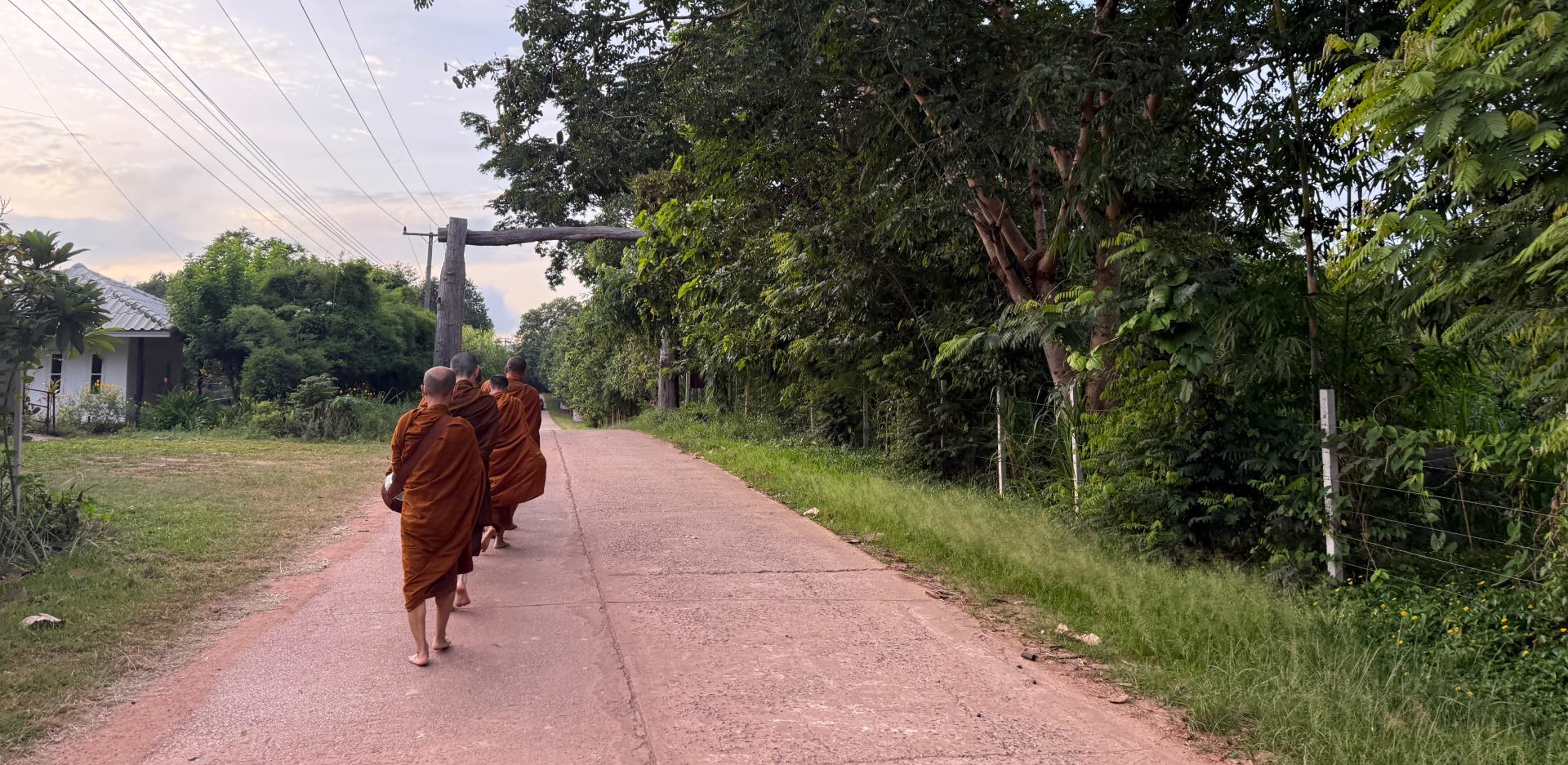
Thailand: Buddhism & Conservation

FAQs
